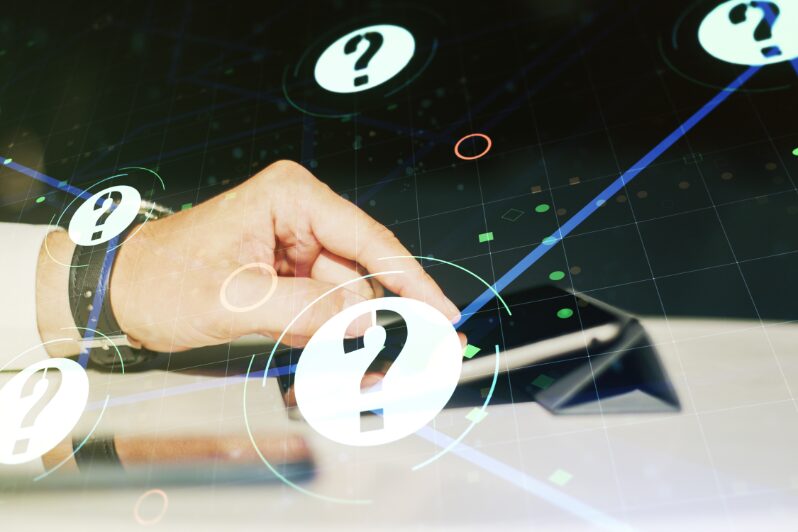1.What exactly is Copyright?
The word “copyright” (or “author’s right”) refers to the legal rights that artists hold over their literary and creative works. Books, music, art, sculpture, and films are among the works covered by Copyright, as are computer programmers, databases, advertising, maps, and technical drawings.
2.What are the rights that Copyright grants me? As a work’s author, what are my rights?
Under Copyright, there are two types of rights:
- Economic rights, which allow the rights owner to profit financially from the use of his works by others, and
- Moral rights safeguard the author’s non-commercial interests.
- Most copyright laws stipulate that the rights owner has the economic right to approve or prohibit specific uses of his work and the right to earn payment for his work’s usage (such as through collective management). The owner of a work’s economic rights can restrict or authorize:
- Its reproduction in several forms, such as in print publishing and sound recording;
- Its public performance, for example, in playing or in music,
- Its recording in compact discs or DVDs,
- Its transmission on radio, cable or by satellite;
- Its translation into other languages and
- Its adaptation to a film screenplay such as a novel.
3.To protect my work, do I need to register it with the Copyright Office?
No, your rights to the work begin the minute it is created. However, registering your Copyright with the federal government might help you substantiate your authorship claim and provide you with the right to sue for statutory damages.
4.What exactly is a work that is in the public domain?
When work is declared to be in the public domain (also known as “commons”), it means that it no longer belongs to anybody. It is generally due to the expiration of the copyright protection period. For example, the commercial rights to Homer’s renowned epic Odyssey have expired, and the work can now be used or exploited without obtaining permission or remunerating the right owner. Authors can also freely transfer their works to the public domain in some countries through a method known as “voluntary relinquishment.”
5.Is it permissible for me to freely utilize works that have been published on the Internet?
A prevalent misconception is that works published on the Internet, including social media platforms, are in the public domain and may be extensively utilized without the rightful owner’s permission. Any works protected by Copyright or associated rights – ranging from musical compositions to multimedia goods, newspaper articles, and video productions – are protected regardless of whether they are published on paper or digitally, as long as the protection period has not ended. In each situation, you should, in general, acquire the proper owner’s permission before using.
6.What Are the Copyright limits and exceptions?
In certain circumstances, it may be possible to utilize works that aren’t in the public domain without asking the author or the right owner for permission or paying a fee. It can happen if national legislation’s limits and exceptions cover such uses. The citation of works, the utilization of current events, and the production of accessible formats for the print disabled persons are examples of limits and exceptions.
7.What does it imply when I say that my works are “licensed”?
Once you have shown that you are the rightful owner of a work, you can give others permission to use or exploit it. These permissions are usually referred to as “licenses,” They may or may not require payment to the rights owner. Naturally, seeking experienced legal counsel before drafting a license agreement is always a good idea.
8.Is it possible for me to copyright my program or mobile app?
For copyright reasons, computer program and other forms of software are considered literary works. As a result, they are automatically protected without the need to register. The voluntary registration process for software in various countries may differ from that for other categories of labour.
9.Without my consent, my published work has been duplicated. What options do I have?
Before taking any action, carefully consider if the copied work is a violation of your Copyright. If you believe your right has been violated, you should strive to find an accountable individual. If you can’t or won’t settle the situation through informal means, you can seek legal help from an IP Expert.
It is typically feasible to file a claim in civil court for monetary compensation and prevent the infringement from continuing or repeating. However, it is frequently desirable – and sometimes required in certain jurisdictions – to submit a formal notification to the suspected infringer, demanding that he halt the infringement and/or pay compensation before taking this action.
10.Is it possible for me to copyright my website?
Copyright may safeguard the original authorship of content on a website. It includes copyrighted texts, artwork, photography, and other kinds of authorship.
The purpose of this post is to provide an overview of the subject. This information is not meant to be legal advice because each case is unique. To explore the facts of your case, please get in touch with our copyright and trademark registration expert Farahat & Co once. We are specialized in dealing with issues relating to the infringement of Copyright. You can contact us for further consultation.
